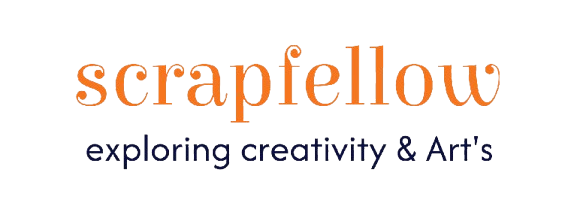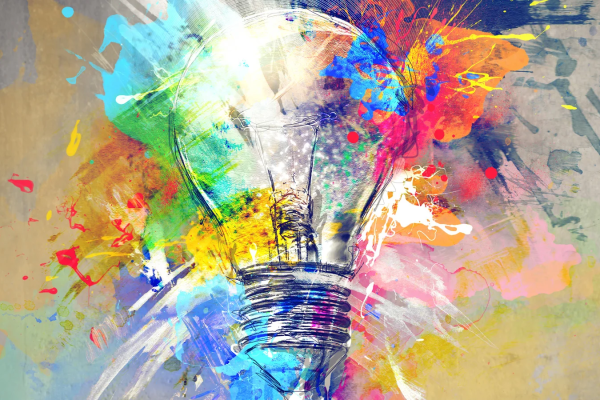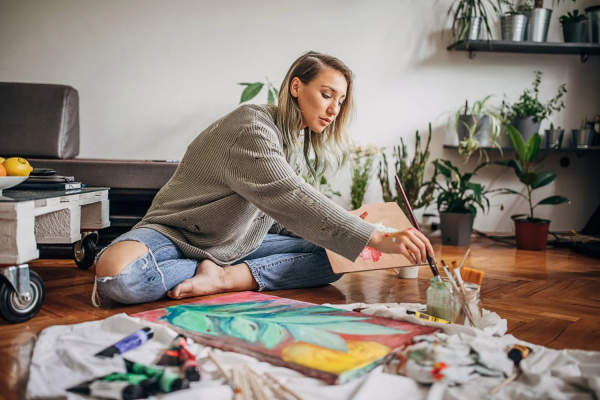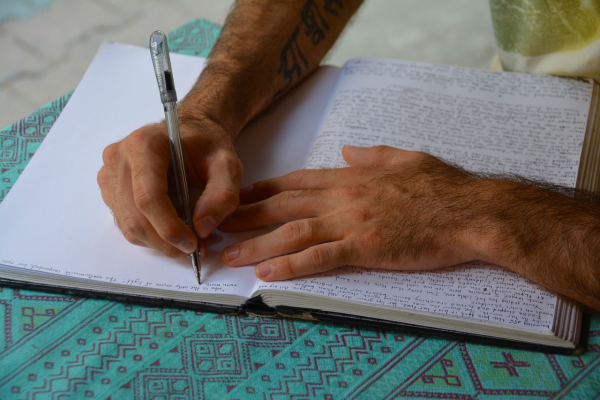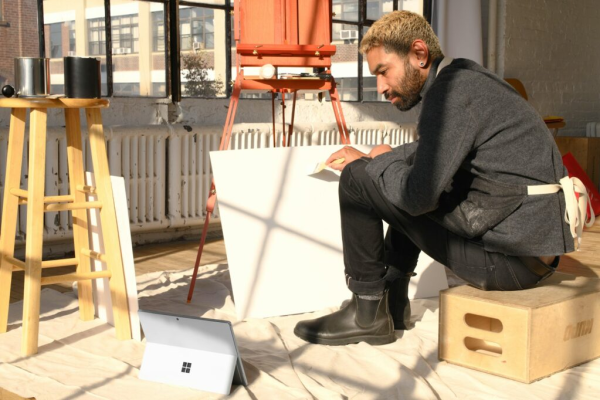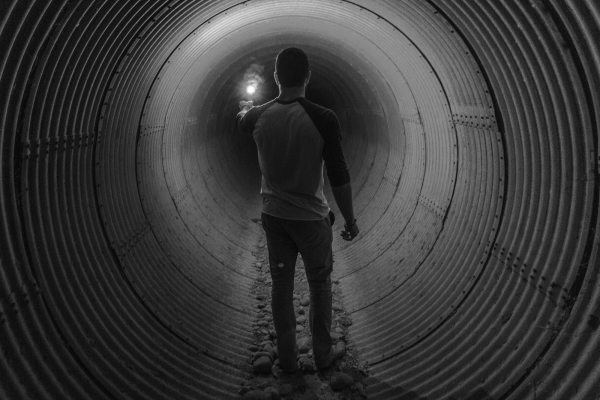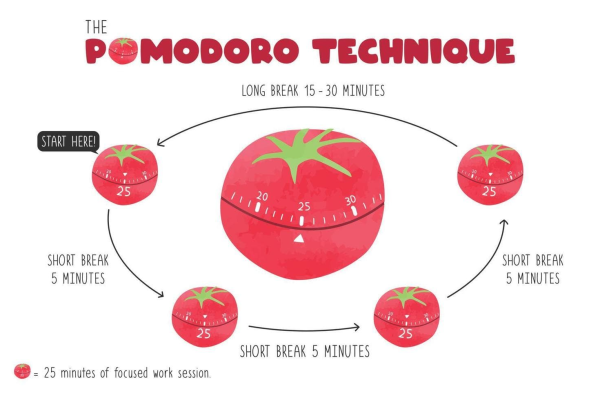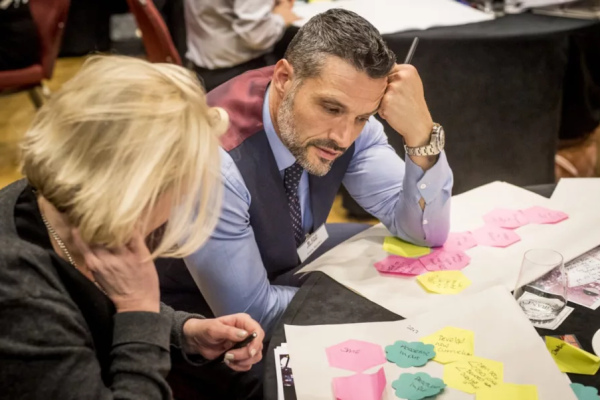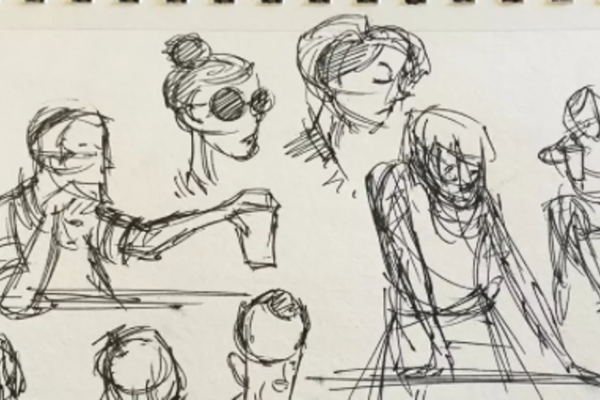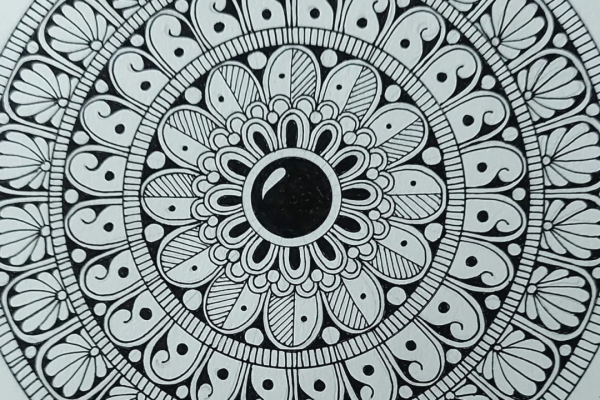
Mandala Drawing, A Mindful Art Practice for Emotional Balance
Mandala drawing is a structured art practice rooted in ancient spiritual traditions, where circular designs are used to encourage focus and inner calm. In modern mindfulness and art therapy settings, mandalas are valued for their ability to gently guide attention inward without requiring artistic skill. Art therapists often introduce mandala creation as a grounding exercise,…
